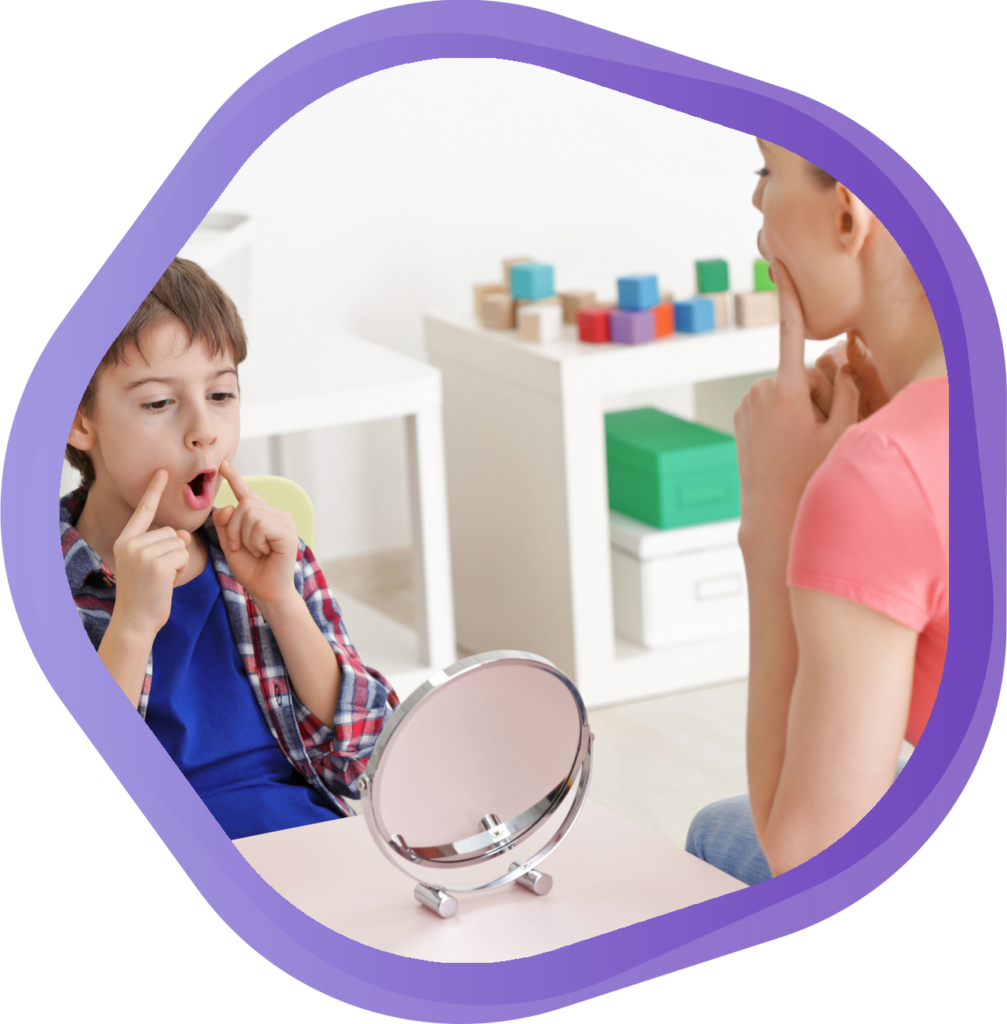
As a general rule, we expect to be able to understand a child’s speech quite clearly from the time they are about 3 years old.
Four to five-year-olds commonly make speech sound errors on a small number of sounds, including “k”, “g”, “l”, “f” “r”, “v” and “th”. Despite this, a four-year-old should be readily understood by unfamiliar people almost all of the time
If you or others are finding it difficult to understand your child’s speech a speech pathology assessment is recommended.
Language
Three to four-year-olds communicate effectively about events around them in sentences of four and more words. They can ask questions starting with “can” and “is” (“Is it your ball?”)
They use a range of pronouns like “he” and “his” and are able to talk about events that happened yesterday using past tense words like “jumped” and “climbed”.
Getting help early is important
The years before school commencement are the most important time for a child to learn how to communicate. Children use this time to develop the skills they will need to start learning to read when they begin school.
Research consistently shows that children with good speaking and listening skills do better at school.
Sometimes it is difficult to know whether a child needs particular help with their speech or whether just a bit more time will do the trick.
In general:
Specialists in early childhood such as kinder teachers know the most about children of this age. “Wait and see” may mean valuable time is lost in treating a problem that may be easily fixed.
Early treatment in the preschool years can be fun for the child, while therapy at school-age takes longer and may be less enjoyable
More information can be found at:
www.speechpathologyaustralia.org.au
